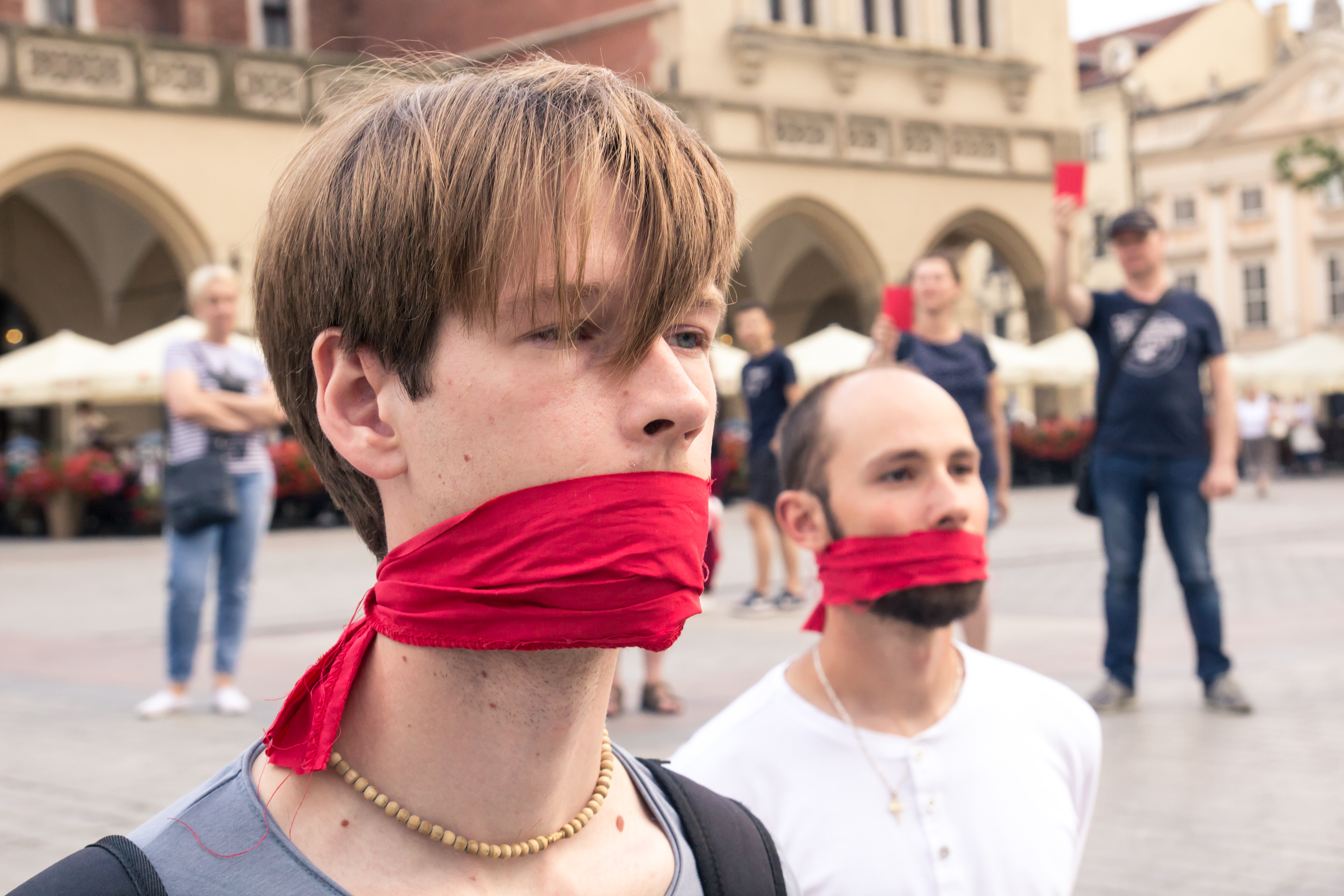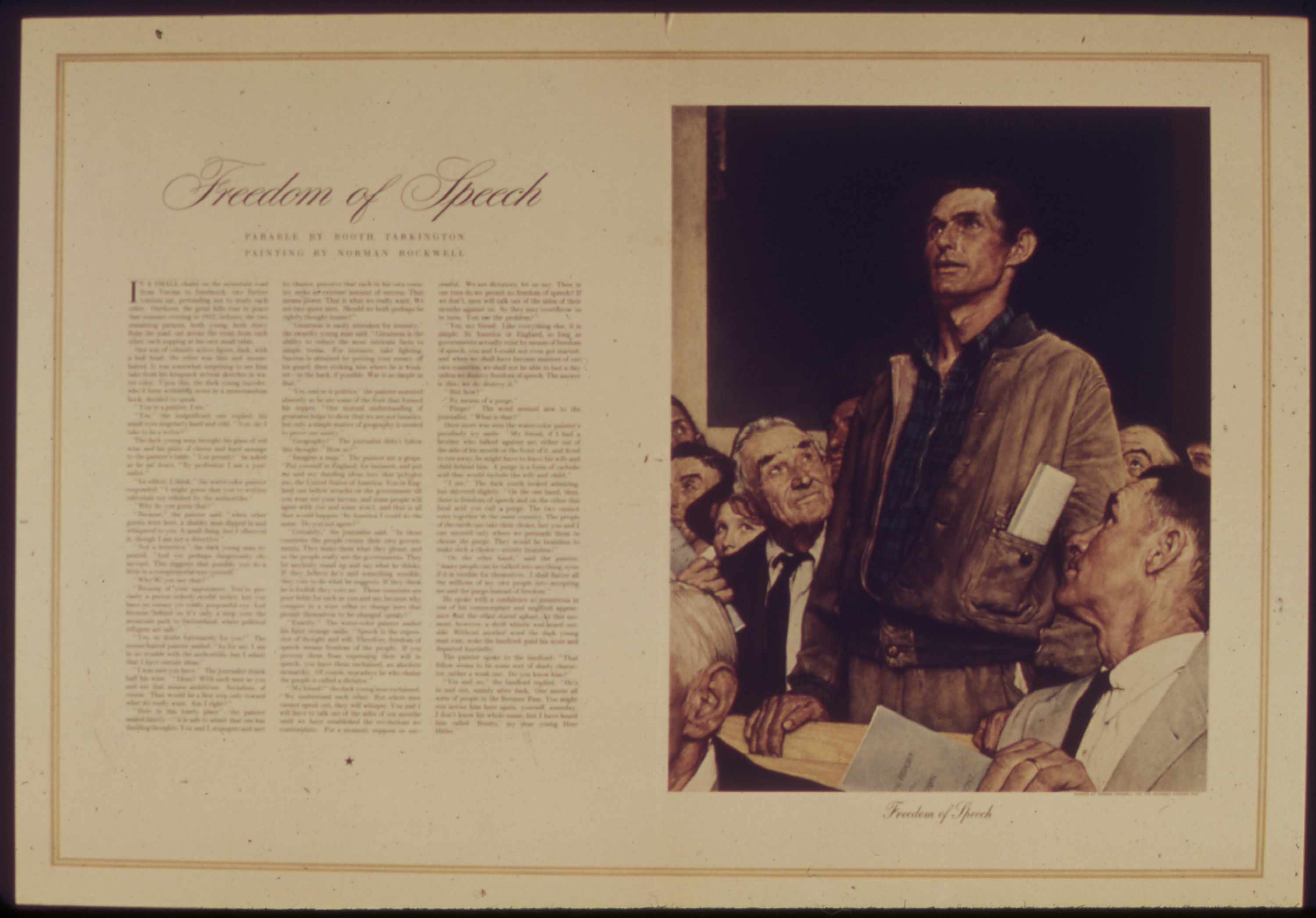I don’t think self-censorship is that bad. Actually, I do it all the time. When I became a graduate student and then a professor, I had to stop talking with lots of curse words. I learned not to say certain things that friends of mine found offensive. There are things that people used to say that some people find really hurtful. Stop saying them. It’s not so bad.
The idea that there’s less freedom to speak in universities or public culture today than when I was a student is absurd. When I was a student, people weren’t talking about queer people. They weren’t talking about racist oppression everywhere. They weren’t talking about the history of women. I was a graduate student at Princeton, which had a great history department in the late 1970s, and you couldn’t study the history of women. Natalie Davis did, but most people didn’t. There were no documents. So there wasn’t censorship and there wasn’t political correctness. There was just good old-fashioned sexism and racism that kept some people from speaking at all.
Today, white people feel they have to be careful of what they say. To me, it’s not the biggest problem. We have not enough but more women professors, more professors of colour. We’re more sensitive to the idea that good colleges and universities shouldn’t just be finishing schools for the wealthy. They should have diverse student bodies, so you hear opinions that you might not have heard before, because there are people who have different life experiences on campus than was the case 50 years ago.


